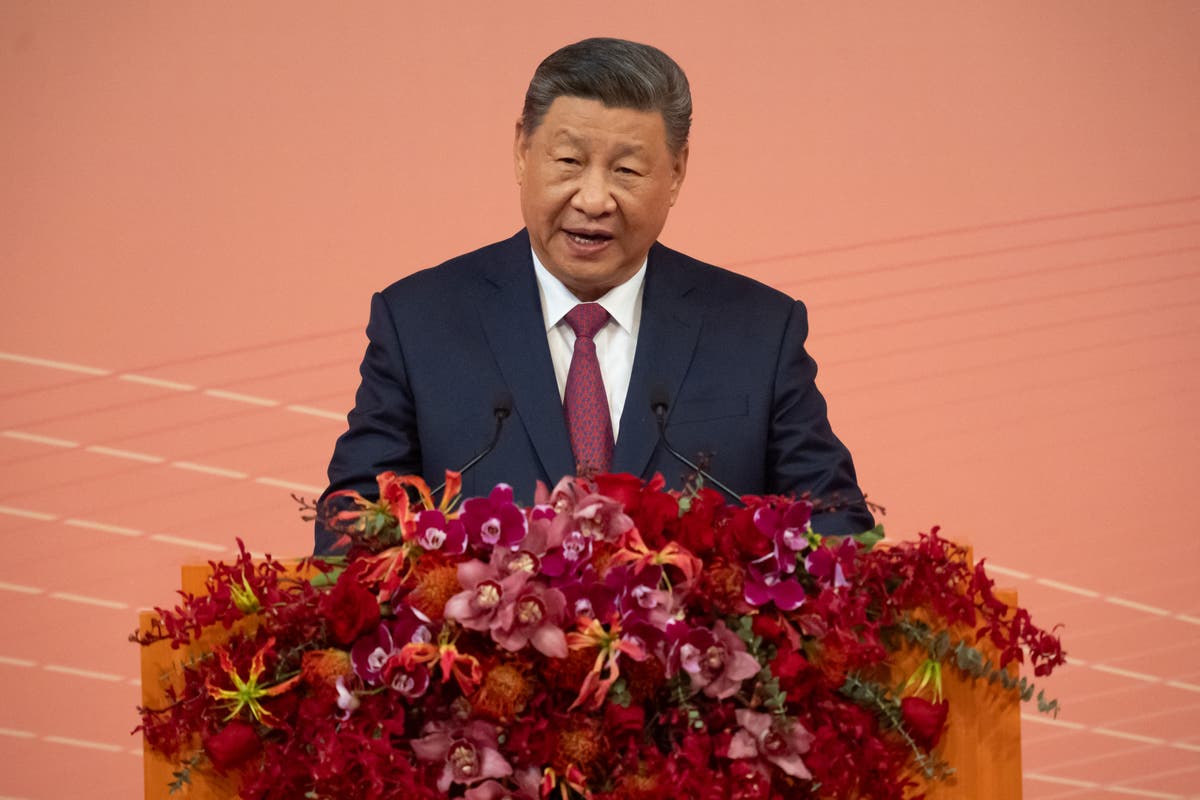Summary
Chinese President Xi Jinping reiterated in his New Year’s speech that Taiwan’s “reunification” with China is inevitable.
China has escalated military activity around Taiwan, including frequent incursions near the island and sanctions on U.S.-linked companies over arms sales to Taipei.
Taiwanese President Lai Ching-te rejected Beijing’s claims, stating Taiwan’s future can only be decided by its people.
Lai also criticized China’s restrictions on travel and education exchanges with Taiwan, calling for dignified, reciprocal relations based on goodwill and equality.



You can’t have Communism in one country, as Communism must be international, global, and have fully eradicated Private Property and Commodity Production. You absolutely can have Socialism in one country, however. Socialism is a transitional status towards Communism from Capitalism, and is dependent upon human supremacy over Capital and a trajectory towards further collectivization and the dominance of the Public Sector over the Private not in percentage, but power.
To take the opposite claim, that you can’t have Socialism in one country, is to determine that you must call a fully publicly owned economy “Capitalist” despite eradication of Markets and commodity production in general. Further, to claim that Socialism can only exist internationally is to make the asserted claim that a 99% publicly owned and planned economy is actually dominated by the 1% in the market sector and is thus Capitalist, these are anti-dialectical judgements.
Further, revisiting Marx, he considered countries where feudalism was still the majority of the economy yet Capitalism well on its way to dominate the entire economy to already be Capitalist. The dialectical method acknowledges that there is nearly no such thing as a “pure” system, to require “purity” for Socialism alone and not any of the previous Modes of Production erases the foundation of Scientific Socialism.
All in all, I am getting a definite Trotskyist vibe from your analysis and that would explain your stances a bit more, but I really do wonder in particular how you personally reconcile Dialectics with an anti-dialectical approach to Socialism specifically. The productive mode does not depend on a “one drop” rule of commodity production, but the dominant mode and the trajectory of the system as a whole.
I suggest reading What is Socialism? Here’s a relevant snippet from it talking about your exact argument: